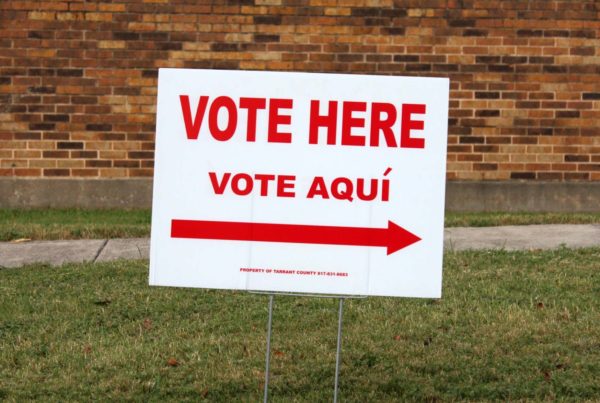From KERA:
For resources and support, call Trans Lifeline at 877-565-8860, The Trevor Project at 866-488-7386 or the National Suicide Prevention Lifeline at 800-273-8255.
Corbin, who’s from North Texas, doesn’t feel safe in the state.
“Multiple times I’ve been trying to bring up leaving in any way I can,” he said. “I don’t want to be here anymore.”
Corbin said the concept of moving out of Texas went from something he never really talked about to something he brings up a lot. We’re not using his or anyone else’s full names in the story because they feel unsafe given the current climate for trans youth and their families.
Eric, Corbin’s dad, said his son has put serious thought into leaving Texas.
“He’s even come to us with plans of possibly going out of country to claim asylum, because this whole situation has scared him that much,” he said.
Eric and Corbin aren’t the only ones having these conversations. Families with trans youth have been wrestling with leaving the state since Gov. Abbott and Attorney General Ken Paxton directed the Department of Family and Protective Services to investigate families providing gender-affirming healthcare for their kids in February.
















